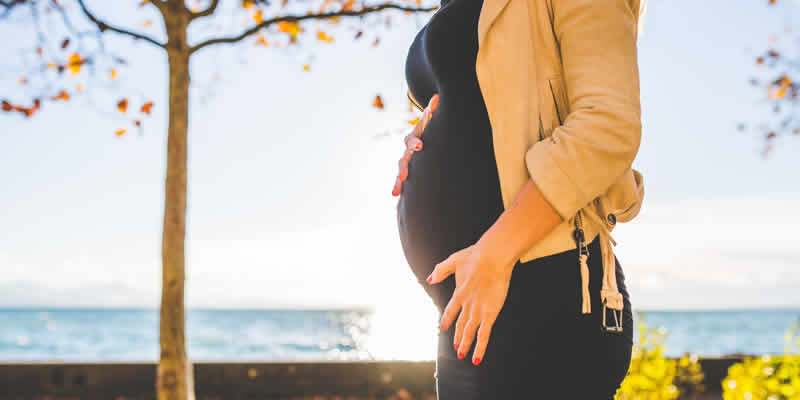A sleep complaint known as obstructive sleep apnoea (OSA) could be a potential risk factor for a severe bout of coronavirus, researchers have said.
Three small studies had previously found the condition, which involves a person’s breathing stopping and starting while they sleep, was associated with hospitalisation among those infected with coronavirus.
But, teams from Helsinki and Boston wanted to build on those findings and further investigate the link between OSA and COVID-19.
Using health information collected from a database they found 305 people who had all tested positive for COVID-19. Of that figure, 26 people (8.5%) also had OSA.
People who were admitted to hospital with coronavirus, were considered as having severe symptoms anda total of 16 individuals (19.3%) who had the sleep disorder were taken into hospital at some point because of COVID-19.
These findings suggest that people who suffer from the sleep complaint and become infected by COVID-19 are five times more likely to develop severe complications ad end up in hospital.
OSA increased the risk, regardless of age, sex, blood pressure, body mass index, diabetes, asthma, and chronic obstructive pulmonary disease, and coronary heart disease.
In the community:
But the study also found that people who suffer from the sleep disorder are not at a higher risk of contracting COVID-19 infection than those who do not have OSA.
The researchers said: “Our findings are in line with the previous reports which have hypothesized the connection between OSA and COVID-19 as they share a number of comorbidities and risk factors.”







